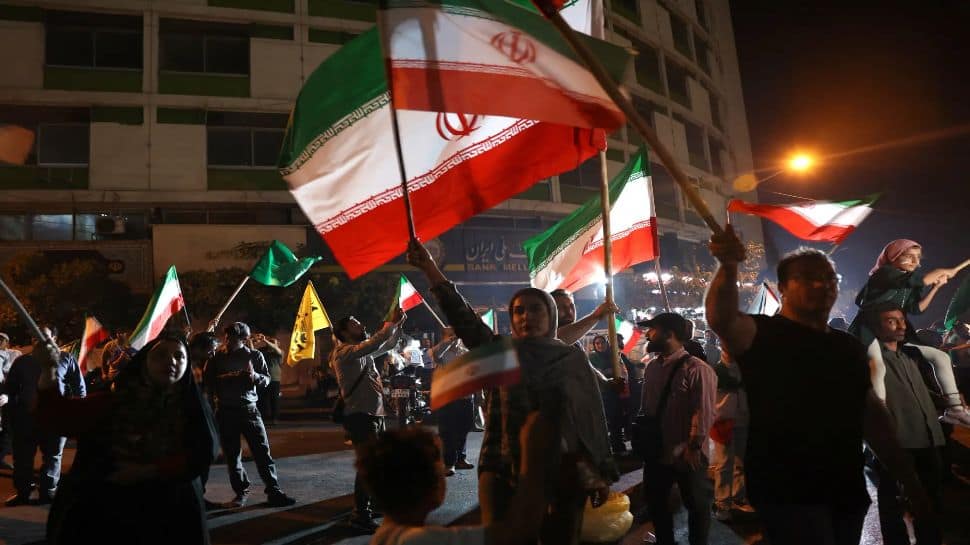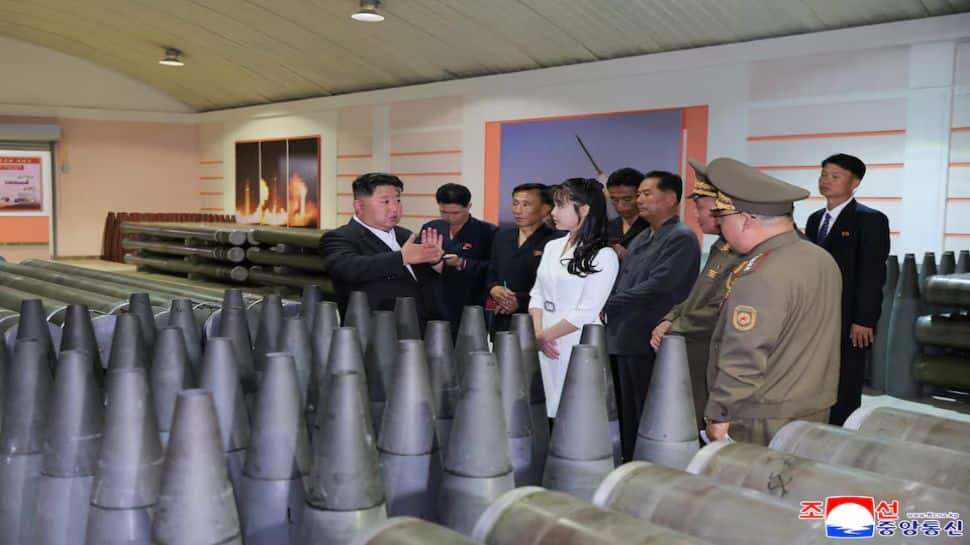A War Paused, Not Ended: How Quiet Diplomacy Paved The Path To Iran-Israel ‘Ceasefire’ | World News

New Delhi/Washington/Doha: The battlefield may go quiet, but the war has not truly ended. U.S. President Donald Trump on late Monday declared a “complete and total” ceasefire between Israel and Iran – ending 12 days of strikes, speeches and shadow warfare that pushed the region to the brink.
Behind the scenes, this fragile pause was brokered not just through military backchannels, but through quiet phone calls, regional mediation and strategic calculation from all sides. A senior U.S. official confirmed to Reuters that Trump personally spoke with Israeli Prime Minister Benjamin Netanyahu to bring Israel on board on one condition that Iran must not strike again.
On the other side, Qatar stepped into the picture. Prime Minister Sheikh Mohammed bin Abdulrahman Al Thani reportedly secured Tehran’s approval during a call with top Iranian officials. The emir of Qatar, acting as a conduit, relayed to Iran that Israel had accepted the terms.
The ceasefire, however, appears to be staged, not immediate. Trump’s message hinted at ongoing operations being allowed to complete. “On the assumption that everything works as it should, which it will,” he wrote on Truth Social, adding that “congratulations to Israel and Iran on ending what should be called ‘THE 12 DAY WAR”.
Tehran confirmed the agreement, but Israel has yet to officially comment. Government ministers in Jerusalem have been asked not to speak to the media. Israeli military sources, meanwhile, issued two evacuation alerts in Tehran in the last 24 hours, even as Army Radio reported alarm triggers near the Golan Heights.
The signals remain mixed. Hours before Trump’s ceasefire announcement, Israeli sources indicated they were preparing to wind down strikes in Iran. But there is little visible calm. Night skies remain lit by the glow of flares and anti-air systems.
The conflict escalated last weekend when U.S. bombers dropped massive bunker-busters on Iran’s underground nuclear facilities, joining Israel’s targeted campaign. Iran retaliated with an airstrike on a U.S. base that caused no casualties and also reportedly warned Washington in advance – an unusual gesture in modern warfare.
Trump, in his statement, thanked Iran for the advance notice, and emphasised that America’s goal was to eliminate the nuclear threat, not start a war. But a social media post by him on Sunday painted a murkier picture. He publicly questioned why regime change in Iran would not be an option, raising eyebrows even within his own circle.
Israel’s targets extended beyond weapons sites. Strikes on Tehran’s infamous Evin prison and government compounds signaled a broader intent – to shake the foundations of Iran’s ruling establishment.
Markets responded instantly. Oil futures dropped as fears of supply disruption eased. U.S. stocks ticked upwards in after-hours trading, reflecting optimism that escalation had been capped.
But observers remain cautious. The ceasefire might hold, but few believe the chapter is closed. As one regional analyst put it, “This is not a peace treaty. It is a timeout,” he said.
In the days ahead, eyes will remain on Tehran, Tel Aviv and Washington, watching not just for words, but for the quiet movements that speak louder than announcements.





